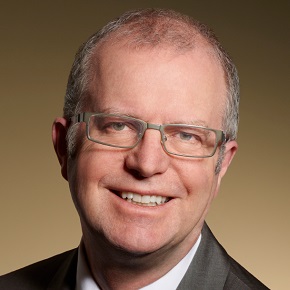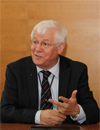 |
||
|
Russia to Lend Hungary $13.7Bln for Nuclear Plant RIA Novosti, PUBLISHED 19.01.2014 Russia will provide credit of up to $13.7 billion to Hungary to fund the construction of two new blocks at a nuclear power plant in the central European country, the head of Russia’s nuclear agency said Tuesday. The deal was announced during a state visit to Moscow by Hungarian Prime Minister Viktor Orban and was hailed by Russian President Vladimir Putin. Rosatom said last month that it was involved in the construction of more than 20 nuclear reactors across the world, and had a foreign-order portfolio worth over $74 billion. Topics: East Europe, Hungary, Russia Other news: Russia to Triple Uranium Production in Next 2 Years – Rosatom In 2015 we will reach 8,400 tons. Rosatom Boosts Foreign Orders Portfolio to $74 Bln Rosatom signed in Helsinki an expected deal with Finnish nuclear consortium Fennovoima on the construction of a 1,200-megawatt Hanhikivi-1 nuclear reactor in Pyhajoki, northwest Finland. First Chapter of US-Russian Megatons-to-Megawatts Deal Closes Russia started delivery of the last batch of low-enriched uranium to the United States under a long-standing program to convert Soviet-made nuclear weapons into fuel. |
Hero of the day 
We are currently working with the Nuclear Decommissioning Authority (NDA) on this approach, which was submitted in response to their February 2012 call for alternative proposals. We appreciate that the UK is in the early stages of their policy development activities and are pleased to be involved in such important work. INTERVIEW
Yanko Yanev OPINION
Joint Plan of Action |

